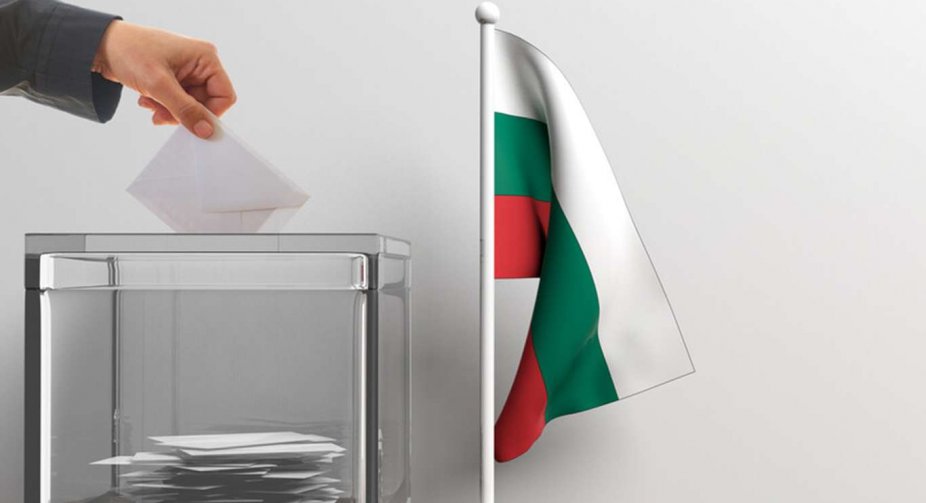The results of the elections in Bulgaria may lead to the formation of several types of coalition, including an anti-corruption coalition.
This opinion was expressed by Vesela Chernyova, deputy director of the analytical center European Council on International Relations (ECFR) and head of the organization's office in Sofia.
"Voting in Bulgaria can lead to the emergence of two types of coalitions: an anti-corruption coalition, in which there would be no place for the GERB under the leadership of Boyko Borisov, or a geopolitical coalition of centrist parties, which, however, would be possible only in the event of Borisov's resignation from the position of the head of his party ", Chernyova believes.
Another possible option is a "behind-the-scenes coalition" led by GERB. However, it is extremely risky for the reputation of the political force, which is a member of the "European People's Party", Chernyova emphasized.
At the same time, a scenario in which the parties will not be able to form a coalition will undermine parliamentary democracy in Bulgaria and further tip the scales in favor of pro-Russian President Rumen Radev.
The "Civil Movement for the Development of Bulgaria" of the country's former prime minister for many years, Boyko Borisov, won the fourth parliamentary elections in the country in the last one and a half years. The result of GERH does not give an absolute majority in the parliament.
The political crisis in Bulgaria began in June, when the populist party "There is such a people" left the coalition. The opposition party GERB initiated a vote of no confidence, and Kyril Petkov's government was dismissed.
